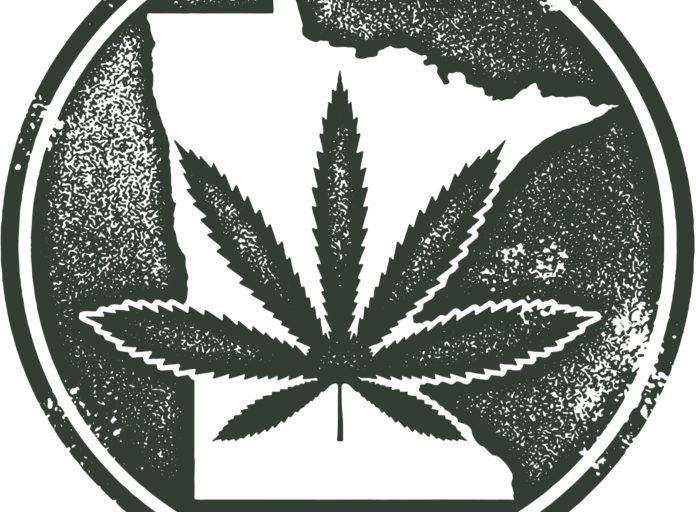MINNEAPOLIS- A new market for cannabis dispensaries, cultivators, and ancillary businesses could be opening up.
Yesterday, bills were introduced in both chambers of the Minnesota legislature to legalize adult-use cannabis. According to the aptly named HF420, the House bill would allow adults 21 and over to “cultivate, consume, use, and possess cannabis, cannabis products, and cannabis accessories,” according to the bill’s text.
At a press conference, State Senator Rep. Mike Freiberg, a Democrat, said cannabis legalization is “moving incredibly fast around the country, at a certain point it will become inevitable in Minnesota.”
Medicinal cannabis was legalized in Minnesota in 2014 when then Governor Mark Dayton signed a bill into law allowing use for cancer, severe epilepsy, HIV/AIDS, glaucoma, Tourette’s syndrome, ALS and Crohn’s Disease. There seems to be significant momentum for expanding legalization among residents. A poll conducted in late 2018 found that 56 percent of Minnesota residents supported legalizing recreational use while 32 percent were not in favor.
“We need to legalize marijuana now for responsible adult use in Minnesota,” Thomas C. Gallagher, criminal defense attorney and Board Member of the Minnesota chapter of NORML told mg. “The laws should recognize our equal rights to marijuana, as to beer and wine. More than one Bill is a good thing. But we need to work for a good legalization law, that gives us equal rights.” Gallagher recently wrote an article suggesting that politicians should get on board with legalization or risk alienating voters.
Other cannabis advocates were also pleased to hear that cannabis legalization could be expanding.
“it is great to see that lawmakers throughout the country are no longer trying to stem the tide of sensible cannabis policy reform and are starting to concentrate on how to best regulate this product for adults,” Morgan Fox, Media Relations Director for NCIA, a national cannabis trade association told mg.
While much of the focus on cannabis legalization is typically viewed through the lens of the consumer or business operators, legalization can also help right the wrongs of criminalization. The War on Drugs has been an utter failure and costs taxpayers approximately $47 billion per year.
“The inclusion of expungement and reparative justice provisions in the legislation is a sign that people are coming to terms with the harms caused by prohibition, and that such provisions are quickly becoming the norm in states considering regulating cannabis,” Fox said.
State SenateMajority Leader Paul Gazelka, a Replublican, was not as supportive of legalization.
“Legalizing recreational marijuana is a controversial issue, to say the least, and not something I would consider a priority issue. Considering that it’s linked to mental health problems, driving accidents, and impaired teen brain development, I don’t think it has a chance to pass the Senate this year,” he said.
Actual sales of legal recreational cannabis are not expected to start until at least 2022. Currently, 10 states have legalized recreational cannabis.









